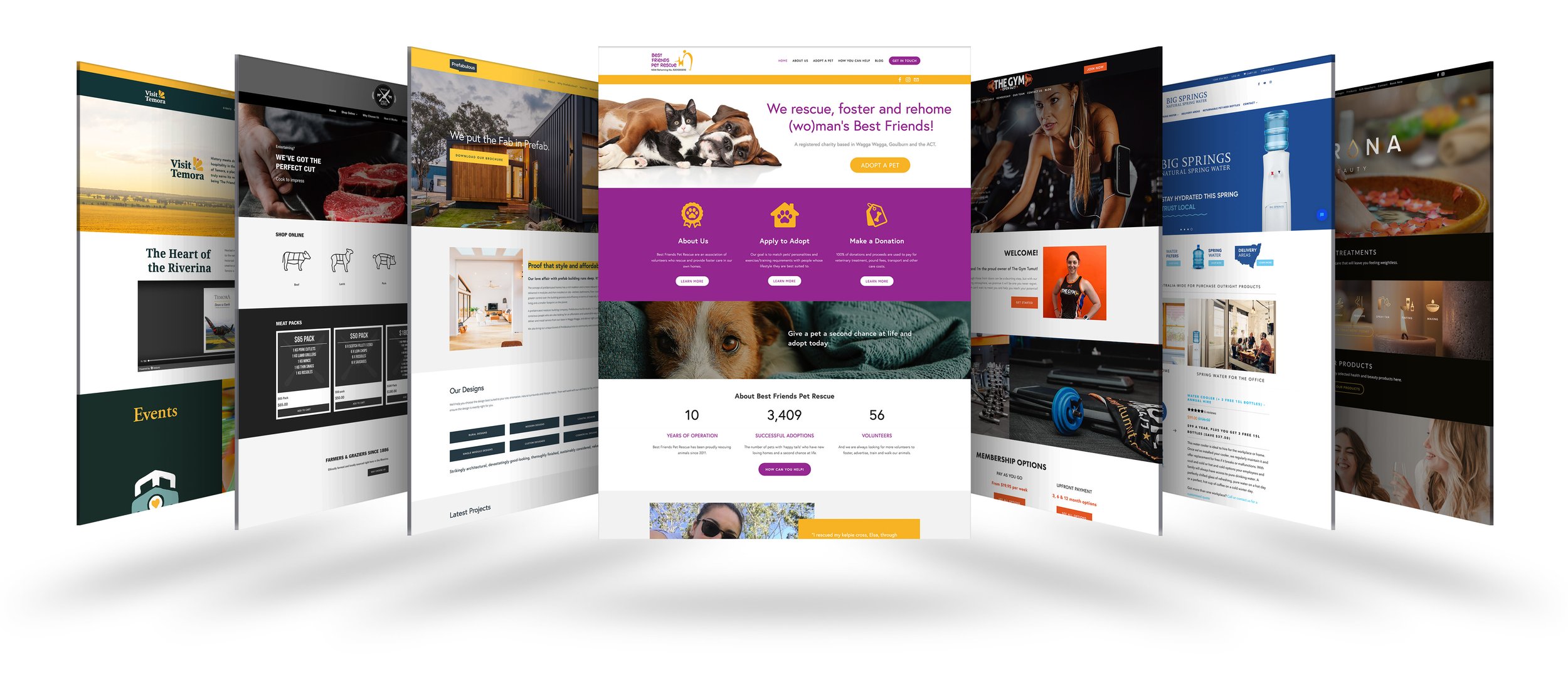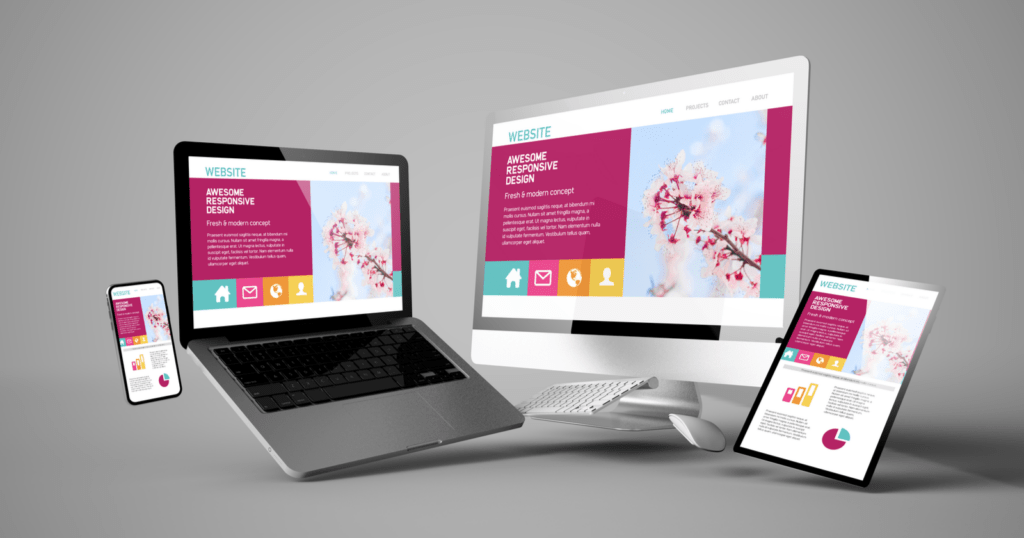Leading Tips for Producing an Impactful Site Layout That Converts
To achieve this, one have to take into consideration a selection of elements, consisting of comprehending the target audience, prioritizing user experience, and maximizing for mobile systems. The strategic use of engaging call-to-actions and a distinct aesthetic hierarchy plays an essential role in assisting customers through their trip.

Understand Your Target Audience
Recognizing your target market is basic to reliable site layout, as it lays the foundation for developing an appealing user experience. Recognizing that your individuals are, including their demographics, preferences, and behaviors, makes it possible for developers to tailor the internet site's web content, format, and functionality to satisfy particular demands.
Performing thorough marketing research is essential in this process. Studies, interviews, and analytics can give useful insights into individual assumptions and pain factors. By compiling this information, designers can create user personalities that represent different segments of the target market, guaranteeing that design choices are informed and relevant.
Furthermore, understanding the target audience assists in picking appropriate style elements such as color pattern, typography, and images that resonate with users. A site that speaks straight to its target market cultivates a feeling of connection and trust, urging longer sees and higher conversion rates.
Eventually, a user-centered strategy to internet site design not just enhances customer contentment yet likewise supports organization goals by driving interaction and loyalty. By focusing on the demands and choices of the target market, a site can properly offer its purpose and achieve desired results.
Prioritize User Experience
To boost the total efficiency of a web site, prioritizing user experience (UX) is essential (Website Design). A properly designed UX guarantees that site visitors can navigate the website effortlessly, discover details swiftly, and engage with content meaningfully. This results in increased individual fulfillment and greater conversion prices
Begin by applying intuitive navigating. Menus must be rationally structured, enabling customers to situate crucial areas of the site with very little initiative. Uniformity in layout aspects, such as color design and typefaces, fosters familiarity, which is vital for keeping user interaction.
Furthermore, consider the filling speed of your site. A delay of simply a few secs can lead to significant drop-offs, as customers are less likely to wait on a slow-loading page. Enhancing images and maximizing code can improve efficiency and keep site visitors.
Additionally, clearness in material discussion is vital. Usage succinct, engaging language and separate message with visuals to improve readability. By prioritizing individual experience, you not just produce a more pleasurable setting for site visitors but additionally reinforce your brand's reputation. Ultimately, an emphasis on UX is a financial investment in the long-lasting success of your web site.
Enhance for Mobile Instruments
Enhancing for smart phones is important in today's digital landscape, where an increasing number of individuals gain access to websites through smart devices and tablet computers. A mobile-friendly style not just enhances user experience yet also plays a substantial function in improving online search engine rankings. To attain this, it is important to adopt a receptive layout that immediately changes to numerous screen dimensions and positionings.

Filling speed is another critical factor; mobile customers are commonly much less patient and expect rapid accessibility to details. Optimize images and utilize browser caching to improve efficiency. Finally, test your website on multiple tools and display resolutions to determine and rectify any type of potential usability problems. By prioritizing mobile optimization, you guarantee that your website stays affordable and effectively engages a more comprehensive target market.
Use Compelling Call-to-Actions
An internet site's effectiveness frequently pivots on its ability to direct site visitors towards wanted actions, making engaging call-to-actions (CTAs) essential components of style. CTAs work as the crucial points that direct customers to involve with the site, whether that indicates purchasing, enrolling in a newsletter, or downloading and install a resource.
To produce effective CTAs, quality is vital. Use concise language that plainly communicates the activity you want the user to take.
Moreover, the design of CTAs must try here stick out without being interfering. Utilize contrasting colors and clear typefaces to ensure they catch attention. In addition, take into consideration making use of directional hints, such as arrows or photos, to lead individuals toward these buttons. By concentrating on these components, companies can dramatically improve individual involvement, driving conversions and ultimately accomplishing their website's goals.
Focus on Visual Hierarchy
Effective site design depends heavily on a well-structured visual hierarchy that guides users with content flawlessly. By arranging elements in a manner that prioritizes information, designers can boost user experience and help with decision-making. This entails using dimension, shade, comparison, and spacing strategically to accentuate the most important components of a page.
The usage of bigger font styles for headings and subheadings develops a clear difference in between various areas, permitting customers to scan material effortlessly. Furthermore, employing contrasting colors for buttons and calls-to-action can catch customer interest and urge communication. Whitespace is one more necessary element; it prevents mess and enables customers to focus on crucial messages without disturbances.
Photos and graphics need to complement the text while also sticking to the recognized power structure, strengthening the total message (Website Design). Uniformity in style components, such as color design and typography, more strengthens the visual pecking order, making navigating instinctive

Final Thought
In verdict, reliable website design requires a thorough understanding of the target audience, prioritization of user experience, and mobile optimization. Ultimately, a well-executed web site style offers as a vital element in driving individual activities and attaining company objectives.